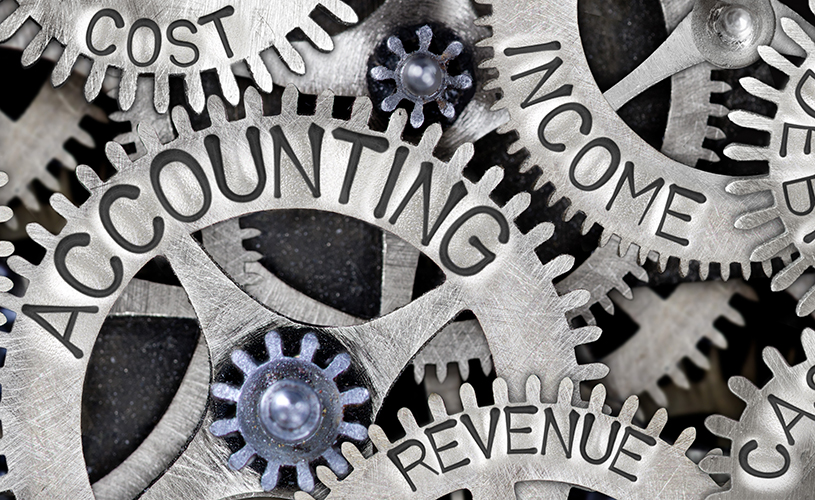at the University of Utah
Professor Ed Owens publishes article in the “Journal of Accounting and Economics”
Associate professor Ed Owens has a new forthcoming paper in the Journal of Accounting and Economics entitled “Assurance Level Choice, CPA Fees, and Financial Reporting Benefits: Inferences from U.S. Private Firms”.
Public companies in the United States are generally required by the SEC to have their annual financial statements audited by a CPA firm. A financial statement audit requires the CPA firm to compare different sets of financial and operational information to see if historical relationships are continuing forward into the period under review (referred to as “analytical procedures”), make inquiries of management as needed, evaluate internal controls, and conduct additional work to verify numerous details within the financial accounts. This extensive amount of work is intended to permit the CPA firm to provide “high assurance” that the financial statements are free from material misstatement. The existence of audit mandates suggests that regulators view the benefits of audits as outweighing their relatively high cost, but many companies have questioned the value-add of audits.
In contrast to public companies, privately held companies can choose whether or not to obtain CPA firm financial statement services. If a private company chooses to hire a CPA firm, the company can choose from a menu of services – compilation, review, or audit – where the amount of work, cost, and assurance level increases with each service increment. In a financial statement compilation, the CPA firm ensures that the financial statements are prepared in the proper format, but provides “no assurance” that the statements are free from material misstatement. In a financial statement review, the CPA firm performs analytical procedures and inquiries of management (but not the more extensive verification work performed in an audit), and provides “limited assurance” that the financial statements are free from material misstatement.
Using data from U.S. private companies, we investigate numerous economic aspects of the choice of financial statement services, with a particular focus on the “less-than-audit” assurance levels. We document that more private firms choose either compilations or reviews than audits, and that CPA fees more than double for each increment in service (i.e., a review is over twice as expensive as a compilation, and an audit is over twice as expensive as a review). We find that firms are more likely to choose a higher level of assurance when there is more demand for information reliability from various internal and external stakeholders. We also document that higher assurance levels are associated with lower cost of debt, consistent with lenders providing benefits to borrowers for higher levels of financial statement assurance. Consistent with this, using various measures of “financial statement quality,” we find that reviews are associated with significantly higher financial statement quality than compilations. However, we find that reviews and audits are associated with similar financial statement quality. These findings suggest that financial statement reviews warrant further consideration as a cost-effective alternative to audits.
Ed Owens is an associate professor in the David Eccles School of Accounting and director of the Eccles School’s Accounting Ph.D. program.





